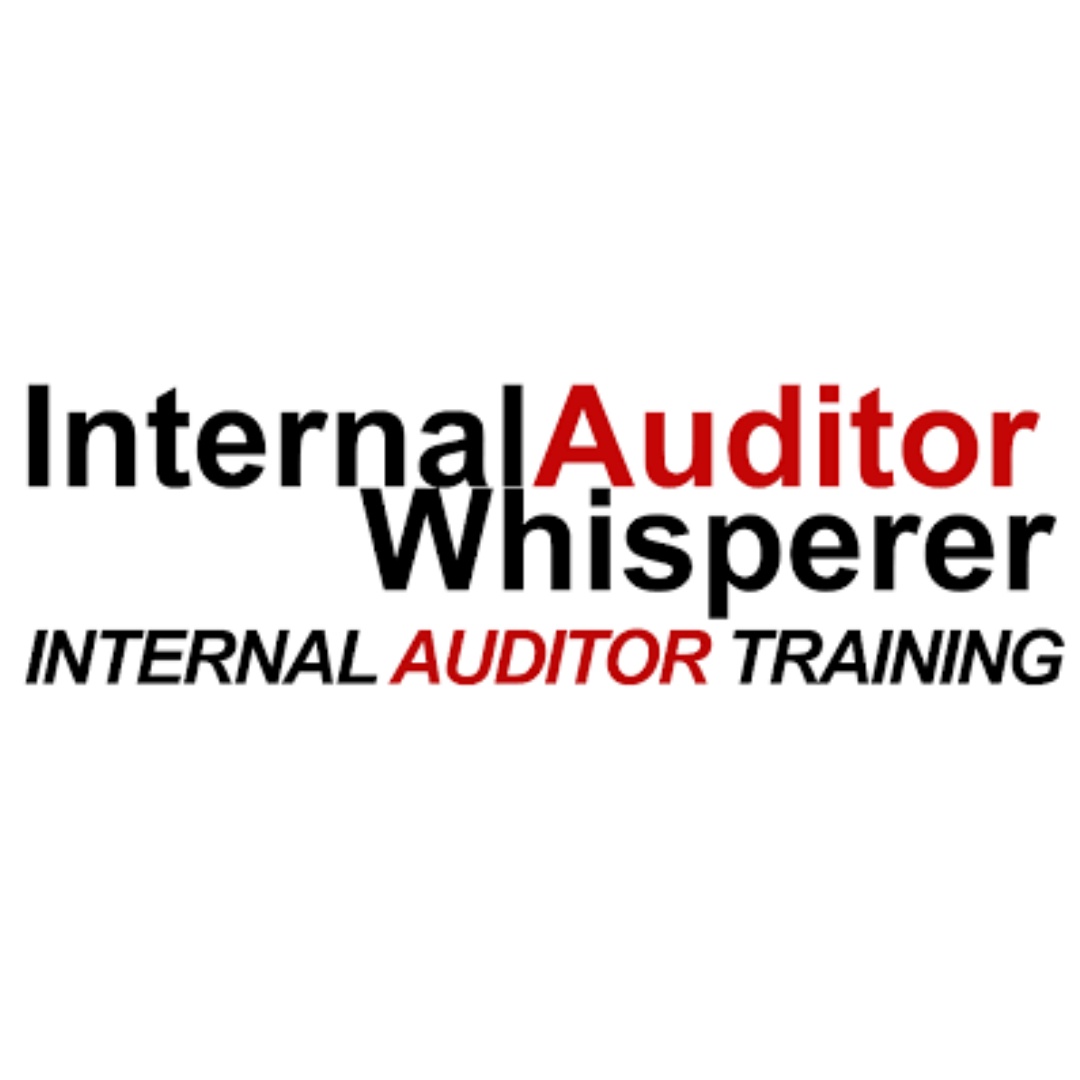Internal audit training is a cornerstone of professional development for auditors across industries. In today's dynamic business landscape, the role of internal audit has evolved beyond mere compliance to become a strategic partner in organizational success. To meet these evolving demands, auditors must undergo rigorous training to equip themselves with the necessary skills and knowledge. In this article, we delve into the intricacies of internal audit training, exploring its significance, key components, and best practices for designing and implementing effective training programs.
Understanding Internal Audit
Internal audit serves as a critical function within organizations, providing independent and objective assurance on the effectiveness of risk management, control, and governance processes. Unlike external audit, which focuses on financial reporting, internal audit encompasses a broader scope, including operational, compliance, and strategic risks. Internal auditors play a vital role in evaluating the reliability of financial and operational information, identifying areas for improvement, and enhancing organizational performance.
Importance of Training
Training is essential for internal auditors to stay abreast of regulatory changes, emerging risks, and evolving best practices. Continuous learning not only enhances auditors' technical skills but also fosters critical thinking, communication, and problem-solving abilities. Well-trained auditors are better equipped to identify risks, assess controls, and provide valuable insights to management, thereby adding significant value to the organization.
Components of Training
Effective internal audit training programs comprise several key components to ensure comprehensive skill development and knowledge enhancement:
Technical Training
Technical training covers auditing standards, methodologies, tools, and techniques essential for conducting effective audits. From understanding risk assessment techniques to mastering audit sampling methods, technical training equips auditors with the foundational knowledge required to perform their roles proficiently.
Industry-Specific Training
Industry-specific training focuses on familiarizing auditors with the unique challenges, regulations, and best practices relevant to the organization's sector. Whether it's the healthcare industry grappling with compliance requirements or the financial sector navigating complex regulatory frameworks, industry-specific training ensures auditors are well-prepared to address sector-specific risks and opportunities.
Soft Skills Development
In addition to technical expertise, auditors must possess strong soft skills to excel in their roles. Effective communication, active listening, and stakeholder management are crucial for building rapport with clients, understanding their concerns, and effectively conveying audit findings. Soft skills development programs help auditors hone these interpersonal abilities, enhancing their overall effectiveness.
Risk Management Training
Given the central role of risk management in internal audit, training programs should include modules on risk identification, assessment, and mitigation strategies. Auditors need to understand how to prioritize risks, assess their potential impact, and develop robust control measures to mitigate them effectively.
Technology and Data Analytics
With the increasing digitization of business processes, auditors must adapt to the use of technology and data analytics in their audit procedures. Training programs should incorporate modules on data analysis tools, techniques, and emerging technologies such as artificial intelligence and machine learning. By harnessing the power of technology, auditors can improve audit efficiency, identify anomalies, and derive valuable insights from data.
Best Practices
Designing and implementing effective internal audit training programs require careful consideration of best practices:
Needs Assessment
Before designing a training program, organizations should conduct a thorough needs assessment to identify the specific training requirements of their internal auditors. This may involve assessing auditors' existing skills, knowledge gaps, and competency levels to tailor training programs accordingly.
Customization
One size does not fit all when it comes to training programs. Organizations should customize training initiatives to align with their unique business needs, industry requirements, and organizational culture. Customized training ensures relevance and maximizes the impact of training efforts on auditor performance and organizational outcomes.
Continuous Learning
Internal audit training should be viewed as an ongoing process rather than a one-time event. Encourage auditors to pursue continuous learning opportunities through seminars, workshops, professional certifications, and industry conferences. By staying updated on emerging trends and developments, auditors can enhance their skills and remain at the forefront of their profession.
Practical Application
Theory alone is insufficient; auditors must be able to apply their learning in real-world audit scenarios. Incorporate practical exercises, case studies, and simulations into training programs to provide auditors with hands-on experience. Practical application not only reinforces learning but also enhances auditors' confidence and proficiency in performing their roles.
Feedback and Evaluation
Solicit feedback from participants to assess the effectiveness of training programs and identify areas for improvement. Regular evaluation of training initiatives helps organizations refine their training strategies, address any shortcomings, and ensure maximum impact on auditor performance and organizational outcomes.
In conclusion, Internal audit training is essential for equipping auditors with the knowledge, skills, and tools needed to navigate today's complex business environment successfully. By investing in comprehensive training programs that cover technical, soft skills, industry-specific knowledge, risk management, and technology, organizations can empower their internal auditors to add value, mitigate risks, and drive organizational excellence.
Frequently Asked Questions
Q: How often should internal auditors undergo training?
A: Internal auditors should undergo training regularly, with frequency determined by factors such as regulatory changes, emerging risks, and organizational needs. Typically, annual training plans are recommended to ensure auditors stay updated on relevant developments.
Q: Is industry-specific training necessary for internal auditors?
A: Yes, industry-specific training is crucial for internal auditors as it enables them to understand the unique challenges, regulations, and best practices pertinent to their organization's sector. Industry-specific knowledge enhances auditors' ability to identify and mitigate sector


No comments yet